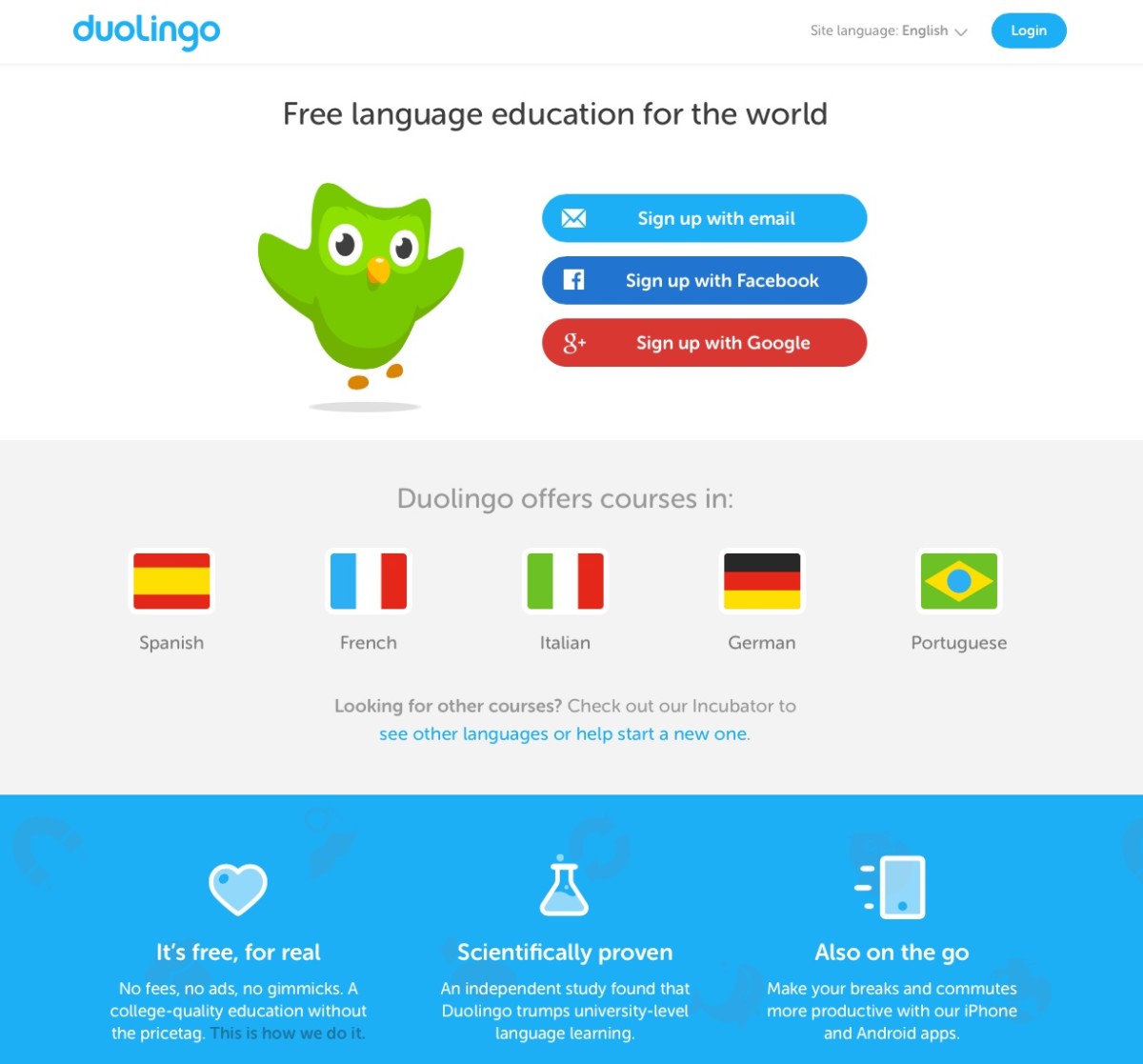Best ways to learn a language
Learning a foreign language can be quite challenging for most adults. Children under the age of around 8 tend to be able to acquire a foreign language naturally and sound like a native speaker in both languages. The older you get, the more fixed your mother tongue pronunciation becomes making it more difficult to imitate foreign sounds and words. However there are some people that have learned to fluently speak and sound like a native speaker of a foreign language in their adulthood.
The fastest and usually the easiest way to lean a language if you are in the country of that spoken language, however it can still be achieved in your own country as long as you are immersed in the language i.e. have good exposure and regular opportunity to use the language. For example friends, a partner or work colleague.

The Do's
- When talking in the foreign language try to cover and broad range of topics, and move away from your comfort zone in order to increase your vocabulary. Ask your language teacher to cover also unfamiliar topics.
- Watch lots of TV, even if you don't understand everything, it is good for the listening skills and is also a form of acquisition. Phrases and words that you didn't understand at the time may remain in your brain and be reinforced once you attain a deeper understanding of the language. These phrases will naturally start to come out once you become more proficient in the language.
- Write a daily dairy in the foreign language. This is a very good way to express your self, you can even read it out loud to yourself or to a teacher for corrections. This is very important for Asian languages, or languages with a different script.
- If you are not living in the country of that language make sure you visit that country at sometime. Make sure that you go alone as this will encourage you to speak to the locals more. Southern European countries do not have many fluent English speakers, so if you are struggling you just have to your best to try to communicate.
- Read the newspaper in that language. Business and finance topics may be difficult if your are a beginner/intermediate level, therefore you should stick to local news topics.
The above pointers are probably the fastest ways to learn a foreign language.
The Don'ts
- Speaking to a spouse/close friend may improve fluency to some extent, but your grammar and vocabulary will come to a plateau very quickly. Topics will always be the same and it will become very difficult to escape this comfort zone unless you branch out with who you communicate to. Also, friends may be too kind to correct your mistakes.
- Memorizing words and phrases by covering them up is only for academic tests. This method of learning is for short term memory only. It can be forgotten within weeks no matter how many times you go over the words/phrases.
- Reading your favorite novels in a foreign language may seem like a good idea but unless you are an advanced level, things will become frustrating very quickly and you'll want to give up studying.
- Having conversations with non-native speakers of that language can be an issue with pronunciation. Good for speaking practise only.
- Listening to music in a foreign language is no problem but grammar in song lyrics should never be used as a study aid. Grammar in song lyrics tend not to follow rules, since sentences are generally broken down in order to fit into timed bars, words are also often changed to force rhyming.
- Never make fun of the language as your pronunciation will always sound too much and dramatic to the native speaker. You could also sound offensive in some situations, especially in Japanese when tone changes can indication frustration in certain sentences.

Pronunciation
Pronunciation, is actually not such as big issue. A long as you can pronounce well enough to avoid misunderstanding then its not a problem. Many people want to lose their native accent completely and sound native of that spoken language, this is something that will take time and can only happen if you reside in the country of that spoken language for a good period. I always believe that your own native accent is part of your personality and native speakers respect that. Imagine Arnold Schwarzenegger speaking with a perfect American accent, how dry would that sound.
Certain languages like Chinese however are tonal languages i.e. changes of tone have different means therefore foreigners have no choice but to change their natural intonation to be understood. This is a very big hurdle for many foreigners, especially the Japanese since Japanese intonation is rather flat, and its more of a rhythmic language where pauses and extensions have different meanings. However the grammatical structure of Chinese is very similar to English minus the articles so once you have the pronunciation under your belt it shouldn't be much of a problem.
Children who are exposed to a second language before around the age of 8 will naturally acquire it instead of learning it like adults, therefore should have a native pronunciation without even thinking about it. Japanese and Chinese children who learn English from a young age tend not to have the very famous "L" and "R" differentiation problem like most adults do.
- How to Learn a New Foreign Language Quickly
There are a few good reasons why you might want to learn a foreign language quickly. Perhaps you are going on vacation in a foreign country and you want to be able to speak the language sufficiently enough to... - How to Learn a Foreign Language | PickTheBrain | Motivation and Self Improvement
The 5 guidelines will show you how to learn a foreign language.








